Search Results for 'English government'
6 results found.
Galway Dominicans, a brief history
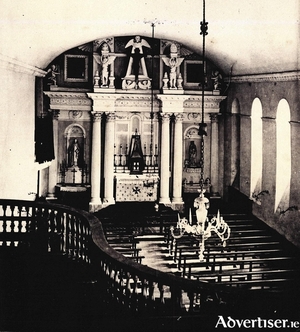
The Dominican Order was formally approved by Pope Honorius III in 1216, “to witness to the truth of the Christian Faith and to proclaim it at home and abroad”. St Dominic died in 1216, and in 1224 the Dominicans first came to Ireland. They came to Connacht, to Athenry, in 1241, and they finally arrived in Galway in 1488.
Galway University? a ‘godless College’
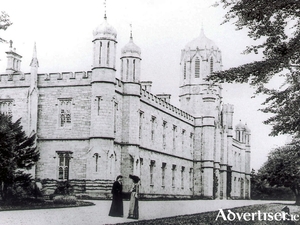
After Catholic Emancipation where for the first time Catholics won the right to be elected and to sit in the House Of Commons, the English government, led by an enlightened Robert Peel, believed it would be worth extending emancipation to third level education.
Significant archaeological find at The Strand during flood alleviation works
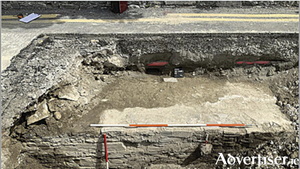
An archaeological find alluding to the possible remains of the town’s 17th century defence walls has been unearthed as Westmeath County Council and the Office of Public Works progress the Athlone Flood Alleviation Scheme on The Strand at the River Shannon.
A time when the Irish were not welcome
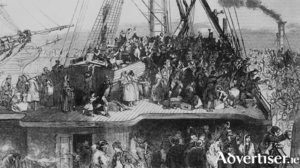
Between the years 1845 and 1855 more than 2.1 million people emigrated from Ireland. They streamed into Liverpool, Manchester, Boston and New York. Many were diseased, hungry, dirty, broken spirited, with barely any personal belongings. Some embarked actually naked.
An account book of the Dominicans in the Claddagh 1727-1738
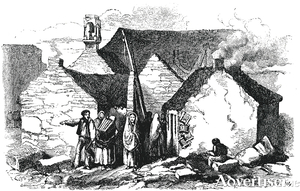
In 1698, the Dominican Community in the Claddagh were dispersed and exiled under a general exile of religious orders but within a few years, three of the friars had returned. It was the time of the Penal Laws, but gradually the pressure on these fathers eased, thanks largely to the refusal of the mayor and sheriffs to implement the anti-Catholic mandate of the English government. The priests were back in the Claddagh, tolerated by the officials.
A time when the Irish were not welcome
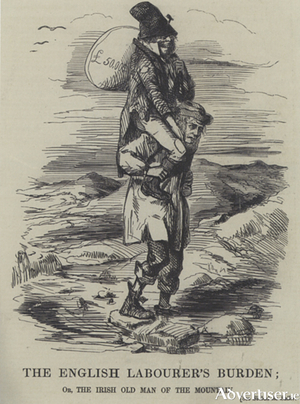
Between the years 1845 and 1855 more than 2.1 million people emigrated from Ireland. They streamed into Liverpool, Manchester, Boston and New York. Many were diseased, hungry, dirty, broken spirited, with barely any personal belongings. Some embarked actually naked.

